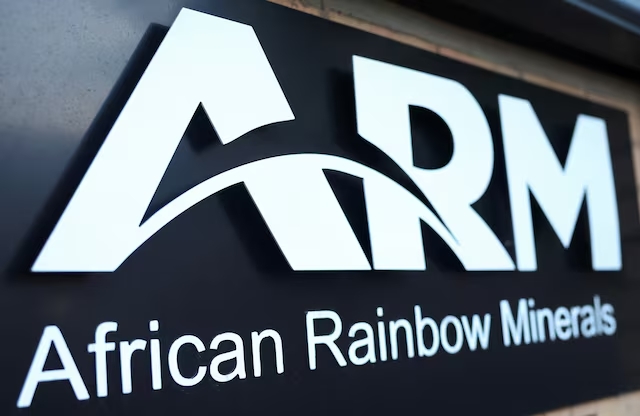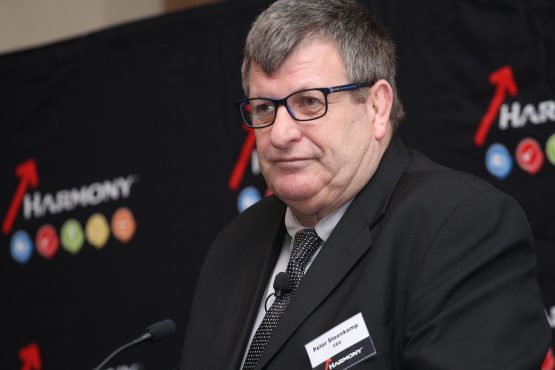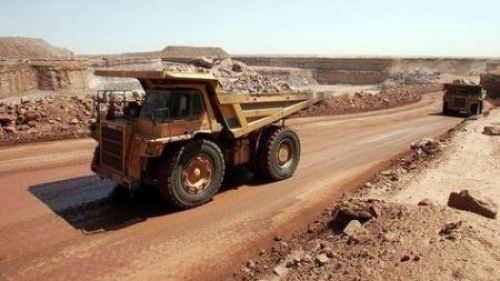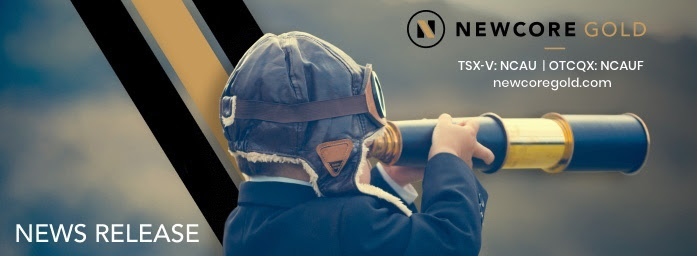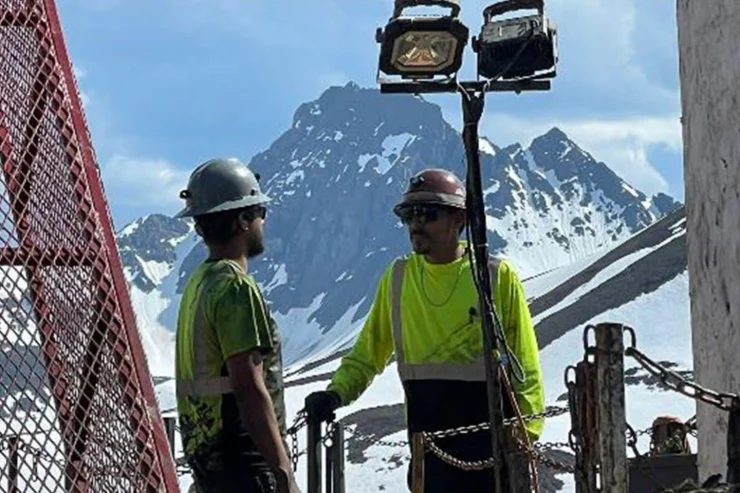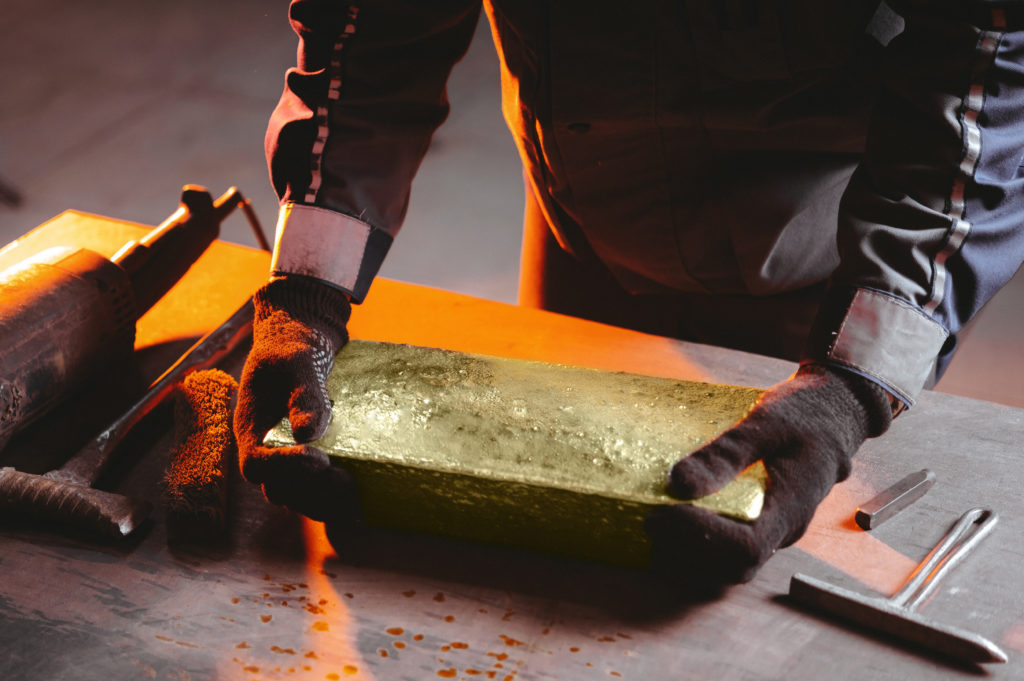Mining

Nigeria Mining Week: Advancing the future of mining in Nigeria
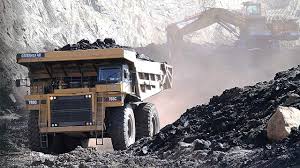
President of the Miners Association of Nigeria, Dele Ayanleke, explains that the mandate of the Miners Association of Nigeria is to move mining activities in Nigeria to greater heights in which operators would be empowered to mine with ease for the betterment of the mining industry, wealth creation, and employment generation by positively engaging the government and other stakeholders to enable a conducive environment for the mining activities to thrive.
The importance of Nigeria Mining Week
Ayanlele says, “One of the key platforms driving this vision forward is Nigeria Mining Week. Since its inception in 2016, Nigeria Mining Week has emerged as a crucial platform for policy dialogue, reforms, and initiatives within the Nigerian mining ecosystem, while also fostering cooperation among industry players and the government.
“It has also helped to continually expose and link the sector to the latest technological innovations and methodologies for global best practices. Furthermore, it has facilitated stakeholder networking, showcased investment opportunities, and fostered knowledge sharing,” he adds.
This year, the Miners Association of Nigeria is focusing on enhancing investment opportunities in critical areas such as gold, iron ore, tin, and development minerals like barite, mica, and lithium.
Ayanleke highlights the association’s goal of fostering collaboration between miners and domestic consumers in sectors such as manufacturing, construction, and energy. “We want to see more linkages and collaboration between our miners and the domestic consumers of these minerals in the manufacturing, construction, and energy sectors through value addition and beneficiation.
Moreover, the association aims to amplify investments in downstream mineral sector development and the formalisation of artisanal and small-scale mining. This approach not only seeks to empower local miners but also to stimulate economic growth and job creation.
Infrastructure and technology remain critical challenges in Nigeria’s mining sector. Ayanleke outlines the association’s plans to advocate for improved infrastructure, particularly in remote areas. “We will continue our advocacy, in collaboration with other stakeholders and civil society, for the government to pay more attention to developing the infrastructure required to make remote exploration and mining projects viable.”
“The focus will be on leveraging public-private partnerships to finance and establish critical mining infrastructure, particularly rail transportation, thereby reducing operational costs and enhancing mineral resource accessibility.
“Furthermore, there is an opportunity to leverage renewable energy solutions to power operations in remote locations far from the grid and for telecom providers to design solutions to enable digitised operations in remote mining sites to track criminality, curtail illegality, and enhance productivity. We hope the conference can amplify these issues,” adds Ayanleke.
Emphasising sustainable mining practices
Sustainability is at the forefront of discussions at this year’s event. Ayanleke stresses the necessity of fostering a culture of compliance within the mining industry. “We must emphasise the encouragement of the culture of compliance in the mining industry,” he adds, highlighting its role in attracting investments and ensuring sustainable development.
“We also expect that the conference will emphasise the importance of reforming sustainability provisions in the mining act and regulations through a unified governance structure, in similarity to what is obtained in the petroleum sector, which has a more robust and transparent platform, for communities to participate in the mining process and benefit from mining activities, providing companies with a more secured operating environment through correctly implemented host communities’ engagement provisions.”
For international investors eyeing Nigeria, Ayanleke conveys a clear message: “Nigeria is an emerging mining destination with many investment opportunities in brownfield and greenfield exploration.” He acknowledges the challenges but emphasises the vast untapped potential within the sector.
“We, however, advise investors to conduct thorough due diligence in identifying active and credible national mining entities. The ongoing government investments in geodata enhancement and digitisation of mineral title administration systems and other sectoral development-enhancing initiatives by the various appropriate agencies of the regulatory ministry are eloquent testaments to the efforts of the government at accelerating the sustainable development of the sector.
“Our role at the Miners Association of Nigeria is to continue to dialogue with the Federal Government, its agencies, the critical stakeholders, and civil society to sustain the momentum in improving the investment climate in the Nigerian mining industry,” concludes Ayanleke.






